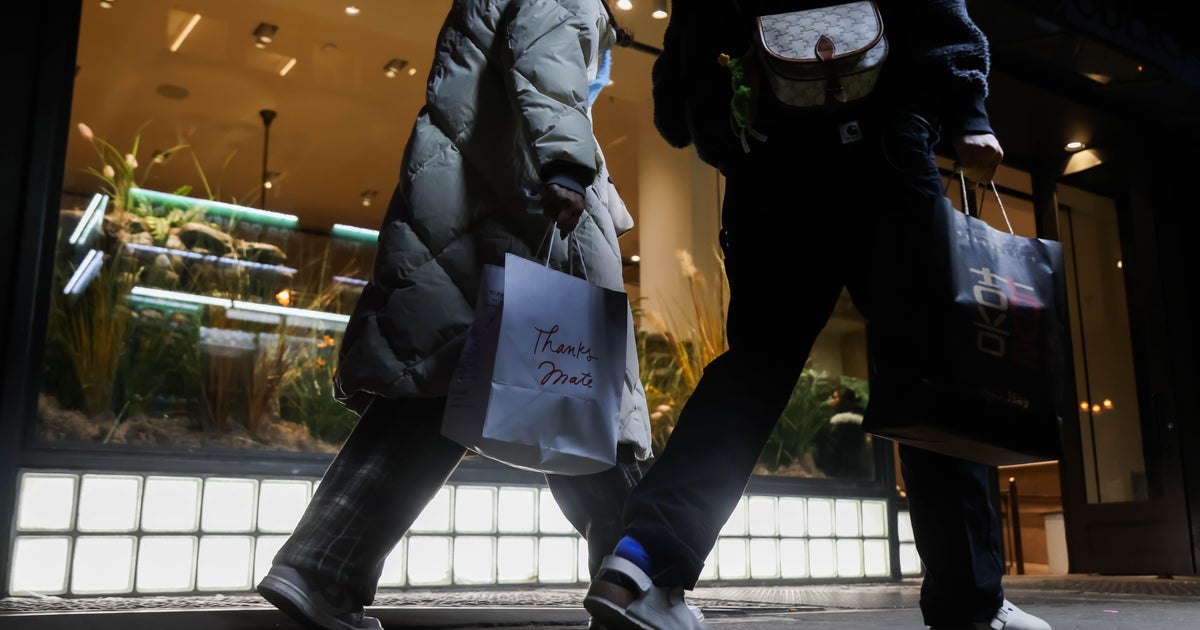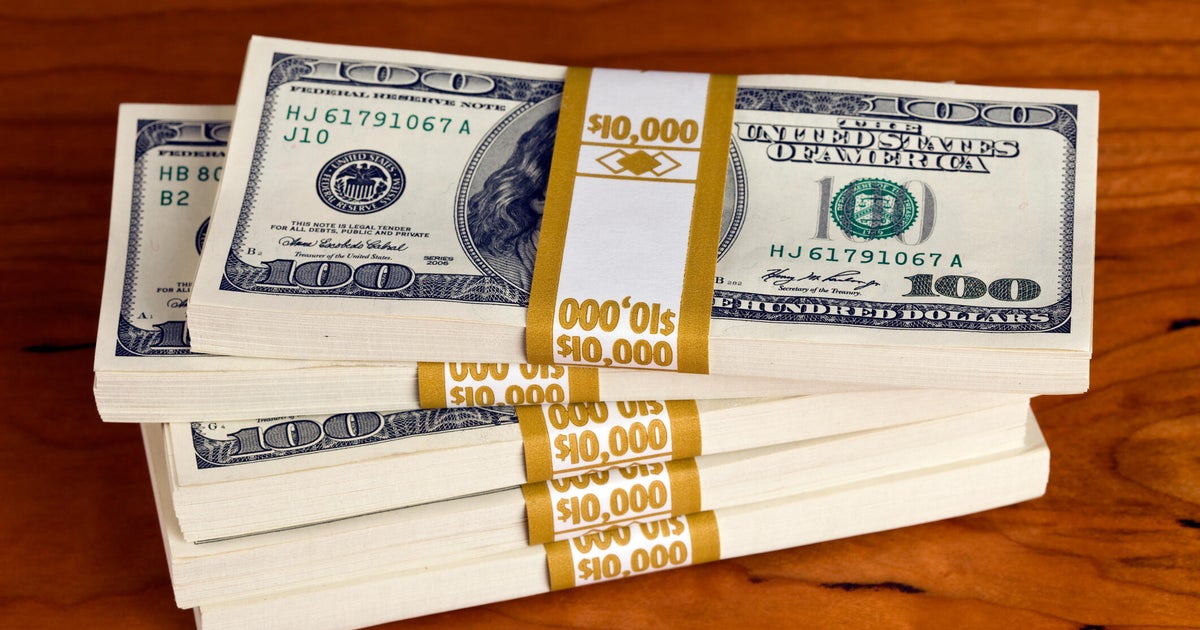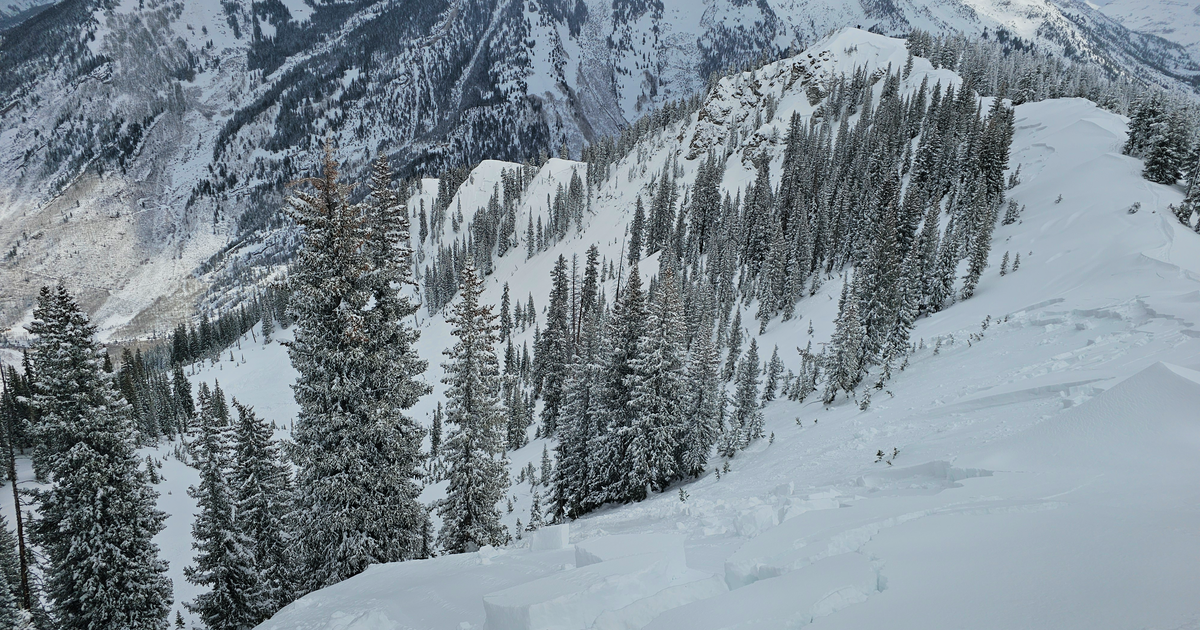Economic growth hit the brakes in the first quarter
Growth in the U.S. slowed markedly in the first three months of the year, as the effects of high interest rates and lingering inflation took a toll on the economy.
The nation's gross domestic product — the broadest measure of economic output — grew at an annual rate of 1.1%, the Commerce Department reported Thursday. The figure undershoots forecasters' predictions of 1.9% growth, according to a survey by the data firm FactSet.
It's also a significant slowdown from the 3.2% growth rate from July through September of last year and the 2.6% rate from October through December. During the past year, the Federal Reserve has been hiking interest rates to slow economic growth in an effort to tame the highest inflation in four decades.
"Our base case is that the lagged and cumulative effects of restrictive policy will keep the economy growing at a below potential pace over coming quarters," Rubeela Farooqi, chief U.S. economist at High Frequency Economics, said in a report.
Farooqi added, "But we see downside risk from lending activity resulting from recent bank failures, which will have an impact on business hiring and investment decisions and economic activity more broadly."
Many economists say the cumulative impact of the Fed's rate hikes has yet to be fully felt. The central bank's policymakers are aiming for a so-called soft landing: Cooling growth enough to curb inflation, but not so much as to tip the world's largest economy into a recession.
There is widespread skepticism that the Fed will succeed. An economic model used by the Conference Board, a business research group, puts the probability of a U.S. recession over the next year at 99%.
Many analysts also believe that recent turmoil in the banking sector, with Silicon Valley Bank and Signature Bank failing in March and First Republic bank looking wobbly, will lead to a slowdown in lending and act as a further brake on the economy.
"We believe that Q1 will end up being the best quarter for the economy this year," Oren Klachkin, lead U.S. economist at Oxford Economics, said in a note. "We expect marginal GDP growth in Q2 and a mild recession in the second half of the year as tighter lending conditions, elevated interest rates, and stubborn price pressures lead consumers and business to pull back on spending."
- First Republic stock continues free fall amid mounting worries
- First Republic stock plunges after depositors flee
- SVB and First Republic's problems aren't going away.
Confident consumers, queasy businesses
The start of the year was marked by robust spending from consumers and governments and a fall in business investment. Imports to the U.S. also grew, lowering the GDP number.
"Growth was driven by a strong consumer, offset by a pullback in spending by businesses as they cut inventories and slashed equipment purchases," Mace McCain, chief investment officer at Frost Investment Advisors, said in an email. "The fall in [capital expenditures] is a harbinger of souring business sentiment."
The lackluster GDP figure is buoying Wall Street's hopes that the Fed might pause its rate-hiking regime, sending stocks higher. The S&P 500 rose 1% in early trading, while the Dow gained 0.7% and the tech-heavy Nasdaq gained 1.4%.
The Associated Press contributed reporting.



